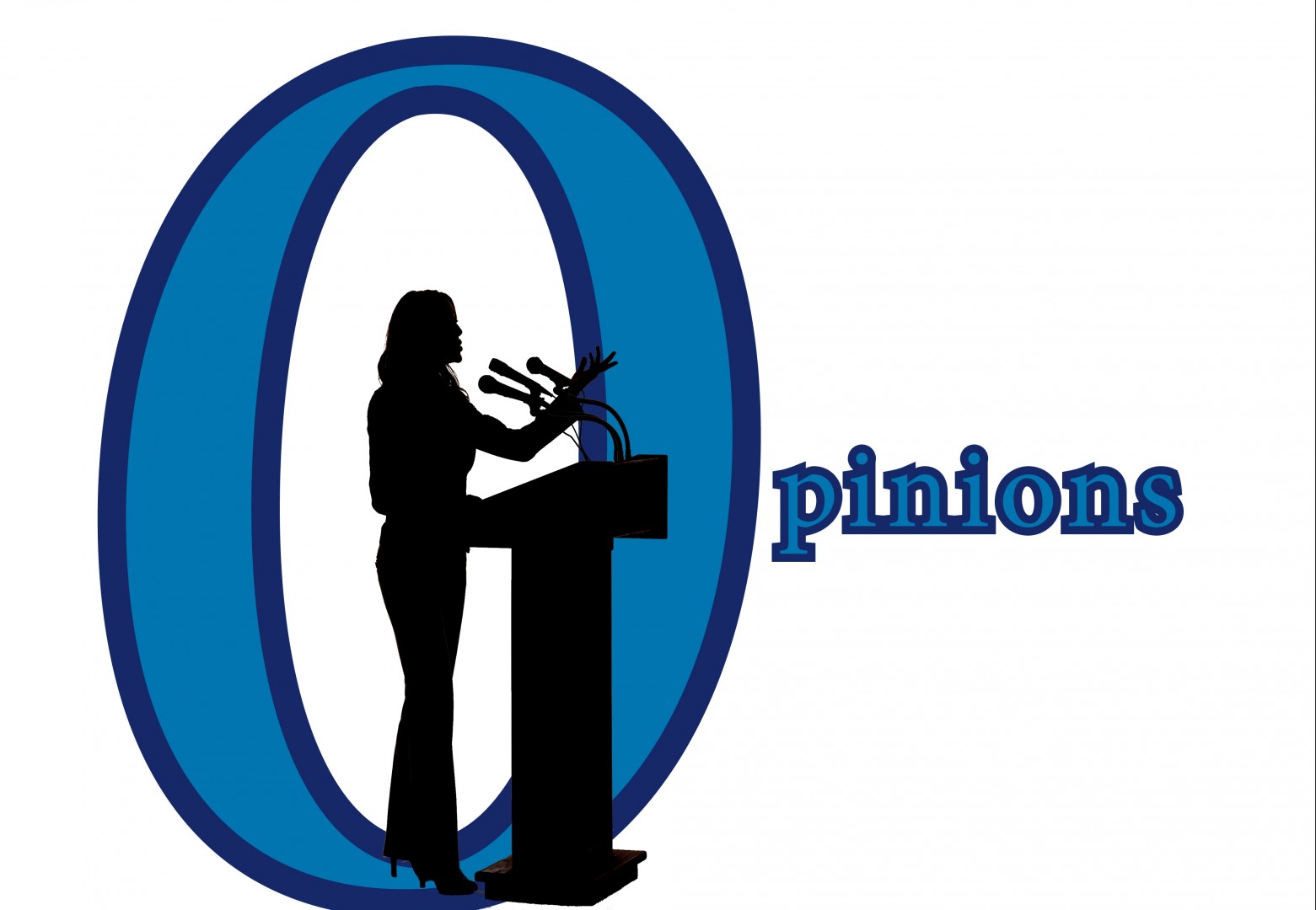A student approached me this weekend with concerns that the April 16 Clarion story, “Flag display raises questions” by Megan Sehr, reflected a disproportionate opinion from the student group, Never Again!. I fully believe that transparent editorial policies contribute to media literacy for both students and readers and would like to more fully address her concerns.
This was an incredibly difficult, multifaceted story that was especially challenging due to the sensitive nature of genocide memorialization, the Holocaust and Israel-Palestine relationships. Further, unlike most news stories, it still centered on largely unanswered questions by the end of the week, namely: Who actually planted the flags?
It also elucidated a common conflict that arises in the Clarion’s work. A main contributing factor to the intensive level of editorial control exercised on this story was the lack of timely information provided on the record by sources.
Our reporter, Megan, rose to this challenge and I fully defend the rhetorical and editorial decisions that were made regarding her story. Megan spent time talking extensively students involved with all sides of this issue, and communicated frequently with me throughout the week about the direction of her story.
Unfortunately, only students from Never Again were willing to answer any questions on the record. In fact, several students from student alliances that I reached out to for comment were offended, and expressed the feeling that I was attempting to incriminate them by associating them with the alternative memorial that was removed. We asked question after question with no response from most students, and the only statements we received from anyone other than Never Again! were sent mere hours before our print deadline, making it difficult for us to assess facts, ask follow-up questions and determine what from the statement was “official” and what was personal opinion.
The dilemma arose – use the quotes from only a few organizations, such as Students for Justice in Palestine, and thus possibly implicate and incriminate the org or individual? Or, run a one-sided story with only our quotes from Never Again!?
In the end, we decided that the risk of framing the story as a discourse between only two student orgs (Never Again and Students for Justice in Palestine), when neither knew who planted the flags, would unfairly implicate SJP as perpetrators. Since we did not know this to be true, we decided not to present the two groups as being dichotomously opposed, and compromised by running the quotes we felt were least likely to present opinions that were might be too personal or incriminating.
While it was my responsibility as editor to make these ethical decisions, I must emphasize that it was not one I enjoyed. I would always rather let the facts speak for themselves. This is why I cannot emphasize enough that student orgs being interviewed for the Clarion provide clear, prompt, on the record statements for stories and be willing to answer questions. I never intend to portray any student org incompletely or unfairly, but the more ambiguous and rushed a statement is, the more room for interpretation it leaves.
Communication and cooperation are two way streets, and the best way to avoid any unfortunate misinterpretations is to help your fellow student org, the Clarion, do our best to work with you.











